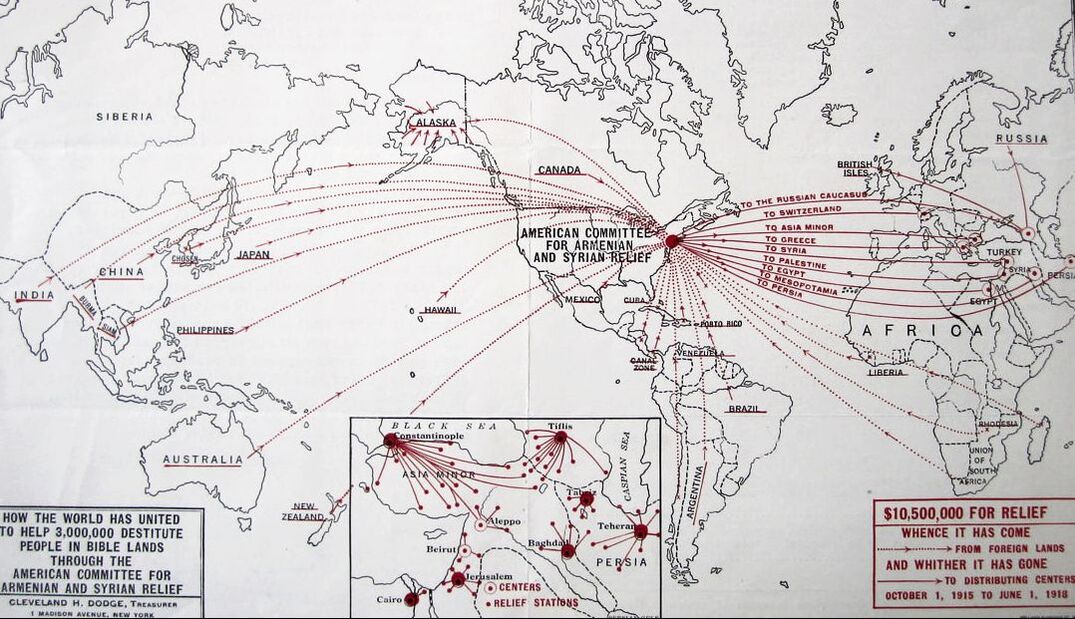christian globalism
How do Christians imagine and experience 'the globe' without leaving home?
My research responds to this question by tracing how U.S. Christians at home cultivate discourse, aesthetics, and sensations related to feeling connected to the world as a whole. Understanding how this process occurs gives us important
insight into how global commitments are made and sustained over time.
My research responds to this question by tracing how U.S. Christians at home cultivate discourse, aesthetics, and sensations related to feeling connected to the world as a whole. Understanding how this process occurs gives us important
insight into how global commitments are made and sustained over time.
Because globalism takes shape within specific contexts, I focus on one site in particular: child sponsorship programs. This fundraising model, which began in Protestant missions two centuries ago, requests a defined monthly amount for ongoing support of a child and provides some level of communication between donors and recipients.
Sponsorship is an excellent vantage point from which to explore the production of Christian globalism since only about 1% of U.S. sponsors meet the child they support. Yet they participate in an enterprise that circulates billions of dollars and millions of letters and photos around the globe every year. Arguably the most profitable private Christian fundraising tool today, sponsorship expresses and champions some of Christianity’s biggest world-making dreams.
Want to know more? Read about my award-winning book or one of my published articles. Download my New Books Network interview for free.
The book explores themes including the connection between sentimentalism & globalization; the aesthetic use of statistics; links between missions and early humanitarianism; sponsors' complex relations with foreign children; Christian concerns about materialism and capitalism; how NGOs work to create trust in their financial systems; rituals in print and digital media; racialized universalism and 'diversity' imagery.
I've written up some ideas for how to use the book in classrooms. You can access that guide here.
Sponsorship is an excellent vantage point from which to explore the production of Christian globalism since only about 1% of U.S. sponsors meet the child they support. Yet they participate in an enterprise that circulates billions of dollars and millions of letters and photos around the globe every year. Arguably the most profitable private Christian fundraising tool today, sponsorship expresses and champions some of Christianity’s biggest world-making dreams.
Want to know more? Read about my award-winning book or one of my published articles. Download my New Books Network interview for free.
The book explores themes including the connection between sentimentalism & globalization; the aesthetic use of statistics; links between missions and early humanitarianism; sponsors' complex relations with foreign children; Christian concerns about materialism and capitalism; how NGOs work to create trust in their financial systems; rituals in print and digital media; racialized universalism and 'diversity' imagery.
I've written up some ideas for how to use the book in classrooms. You can access that guide here.
